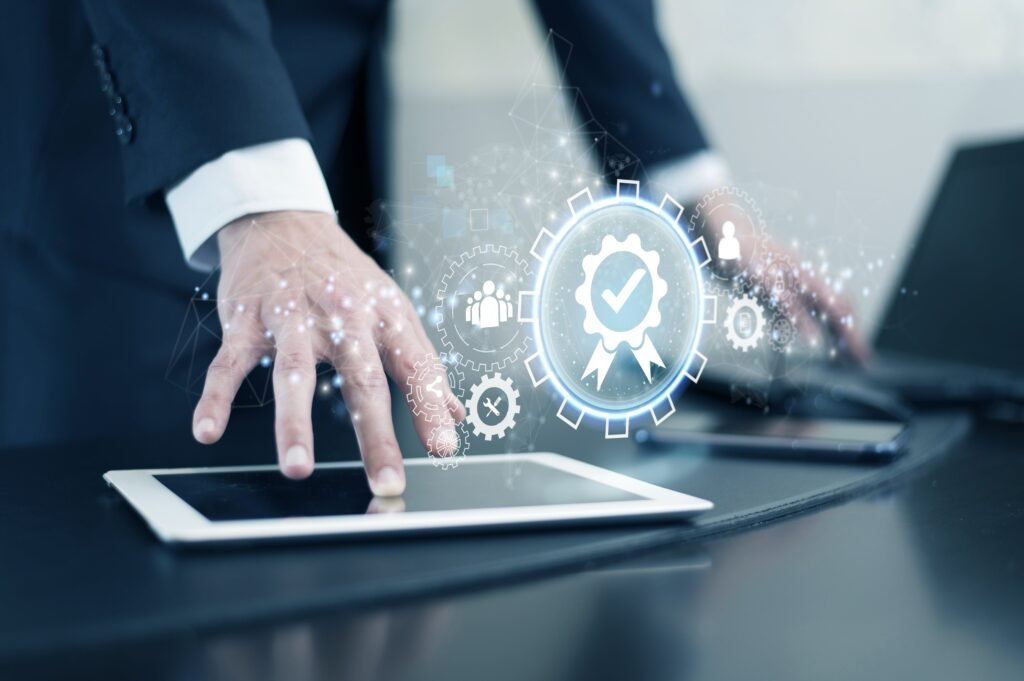
In today’s digital landscape, businesses encounter a wide range of threats to their data and systems. Session recording for cybersecurity is a critical practice that helps combat these risks, including cyberattacks, data breaches, and insider threats. This method involves capturing user interactions with systems, providing valuable insights into user behavior and system performance.
Session recording serves multiple purposes; it aids in compliance with regulatory requirements, supports training initiatives, and significantly contributes to identifying and mitigating security breaches. By analyzing recorded sessions, organizations can spot unusual activities, understand how breaches occur, and strengthen their defenses against future incidents. In an era where data security is paramount, implementing session recording is a proactive step towards safeguarding vital assets.
Understanding Session Recording
Session recording captures user interactions with applications and systems. This data can include mouse movements, clicks, keystrokes, and navigation paths. By analyzing this information, companies can gain insights into user behavior, which can help in detecting unusual activities that may indicate a security breach.
Why Session Recording is Important
- Early Detection of Threats: Session recordings allow for real-time monitoring of user activities. For instance, if an employee accesses sensitive data they usually don’t interact with, this can trigger alerts. According to a study, companies using session recording saw a 30% reduction in response time to potential threats.
- Forensic Analysis: In the event of a breach, recorded sessions provide crucial evidence. This data can help security teams understand how breach occurred and what vulnerabilities were exploited. A report from IBM states that organizations with comprehensive logging and monitoring can reduce the average time to identify a breach by 26%.
- Compliance and Accountability: Many industries have regulations that require monitoring user activities. Session recordings help ensure compliance by providing a clear audit trail. Companies that implement these measures are 50% more likely to pass compliance audits, according to a survey by the Ponemon Institute.
- Training and Improvement: Session recordings can also be used for employee training. By reviewing recorded sessions, companies can identify areas where users struggle and provide targeted training. This proactive approach can lead to a 20% decrease in human error-related incidents.
Why Session Recording Matters in Cybersecurity

Cybercrime is a growing threat, with costs expected to reach $10.5 trillion by 2025. Given this, businesses must adopt stronger security measures. One effective approach is session recording, which helps monitor user activity and catch suspicious behavior early, reducing the risk of breaches.
Security professionals increasingly rely on user behavior analytics, including session recording, to proactively protect their organizations from cyber threats.
Kntrol Software: A Powerful Session Recording Solution
Kntrol Software offers robust session recording features that integrate seamlessly into existing security frameworks. By utilizing Kntrol, organizations can:
- Capture and analyze user sessions in real-time.
- Receive alerts for suspicious activities.
- Generate detailed reports for compliance and forensic analysis.
Conclusion
In conclusion, session recording is an essential tool for modern cybersecurity strategies. With the right software, such as Kntrol, businesses can enhance their security posture, respond to threats quickly, and ensure compliance. In a world where cyber threats are increasingly sophisticated, investing in session recording is a step toward safeguarding sensitive data and maintaining trust with customers.
To learn more about, visit kntrol.in.



